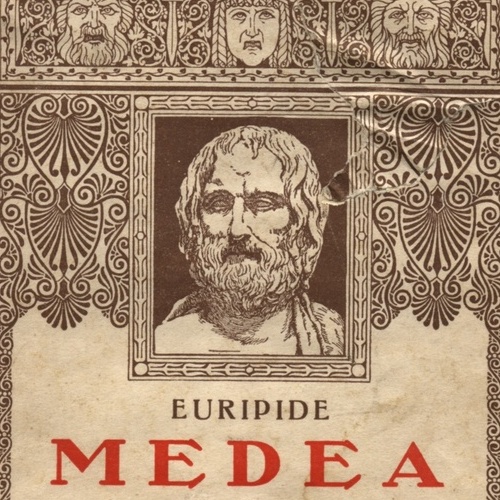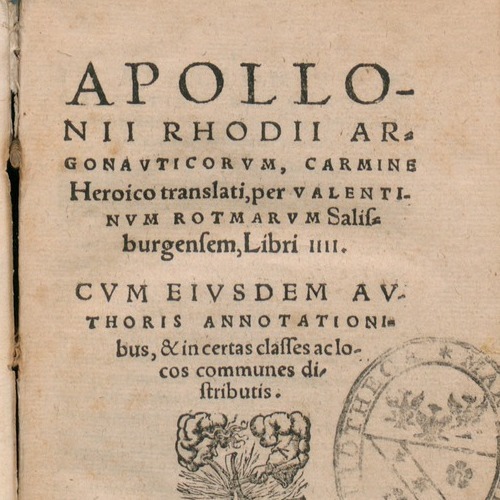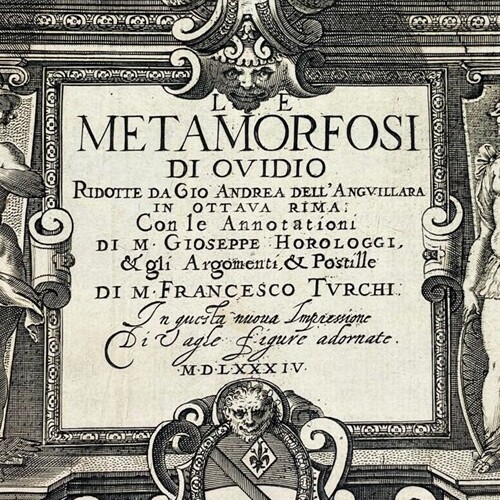Select the text:
Select the metadata:
Highlight in the text:
Medea is certainly one of the most interesting characters of Ancient Greek Literature. Her magical powers and the terrible act of filicide have made her an interesting subject for many writers and artists, creating on one side a wild woman, justified by her own beliefs and culture in the terrible acts that she is pushed to, and on the other a scorned lover who did everything in her power to help a man who never rewarded her.
Her story is linked many times with the Argonauts' one, and so does Ovid in his Metamorphoses
:
everything begins with a blooming and forbidden romance between Medea and Jason, the hero who came to her
kingdom to steal its most valued possession, the notorious golden veil. Instead, Apollonius Rhodium
describes Medea's slow descent in her
love for Jason, showcasing the woman's feelings with an amazing precision and attention in an incredible
display of psychological knowledge and expression.
Through her knowledge of magic Medea helps her lover first in the conquest of the golden veil, offering him advice to win every trial imposed by her father, and then in the escape from Colchis and her father's clutches, when the sorceress reveals her bloodthirsty and determinate nature by killing her brother. Still, her love for Jason doesn't have a happy ending. After having found shelter in Corinth, Medea, Jason, and their children are hosted by the land's rightful king, Creon, who aims to marry off his own daughter to the infamous hero. Jason happily accepts the offer, fascinated by the allure of power and the possibility of having a younger and noble wife.
Medea isn’t blind to her lovers's intentions and threads carefully her revenge, killing the children she generated with Jason after having gifted a poisoned dress and a golden crown to young Glauce, Jason’s soon-to-be-wife and princess of Corinth, effectively murdering her as well as her father, who just wanted to help his daughter. After having alienated herself from everyone whom she loved and having killed those who were closest to her, Medea runs away on the Sun’s chariot, travels to Athens and later back to Colchis to reunite with her father.
All of this is also described in Euripides' tragedy by the same name as the infamous sorceress. The three authors we suggest for our repertory showcase three different perspectives on this mysterious woman, which we hope will further encourage your interest in such an interesting and magical figure.


